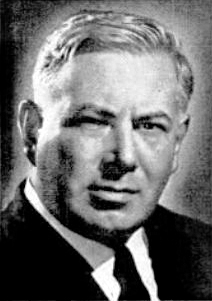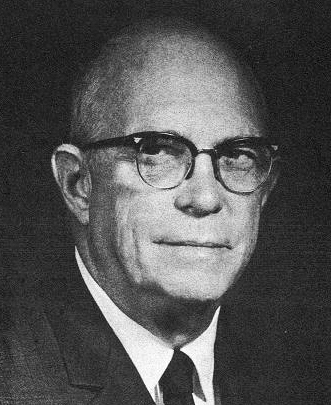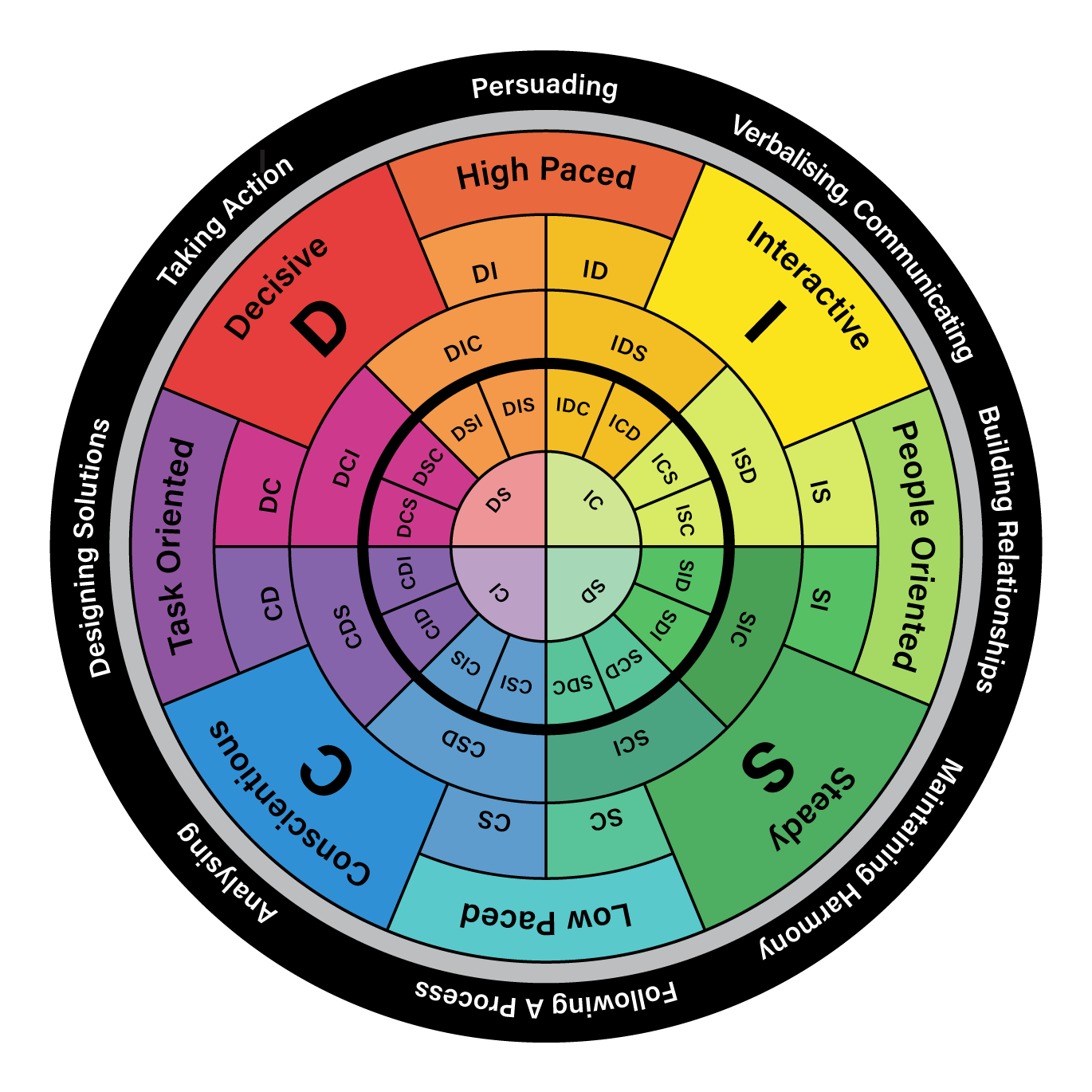Advancing Polygraphs
towards Assessment Systems

Dr. William Moulton Marston, the driving force behind DISC, was a renowned psychologist from Harvard. Observing a correlation between emotion and blood pressure, he invented an early version of the modern polygraph machine in 1915, which has commonly come to be known as the ‘lie detector’. He went on to develop the character of Wonder Woman with his wife, creating a superhero with a Lasso of Truth, much like the lie detector. After a lifelong study of behavioural patterns, Dr. Marston introduced the DISC Theory in his book ‘Emotions of Normal People’ in 1928, and followed it up in 1931 with ‘DISC, Integrative Psychology.’

Image Source:
www.intesiresources.com
These theories were developed into the DISC behavioural assessment tool by industrial psychologist Dr. Walter Vernon Clarke in 1940. Dr. Clarke published the DISC assessment as a psychological test in 1956 as a way of vetting potential job candidates. DISC has since been refined and grown into a trusted assessment tool across the world.
Leveraging Insights
from In-Depth DISC Profiles
D
Dominant
People with a high D personality type are typically risk-takers and self-starters. They’re usually extraordinarily goal-oriented, competitive and in positions of authority.
I
Influencing
People with a strong I personality style are the life of every party! They are social, thrive on being around other people, and love to have fun experiences.
S
Steady
S personality styles seek predictability and safety in their day-to-day life and routine. They strive for close personal relationships and avoid conflict.
C
Compliant
The C personality takes great pride in his or her work and tends to think logically when trying to solve problems. They place great value on being accurate.
In Partnership With


Copyright © 2022 HEAL Resources Sdn Bhd. All Rights Reserved.
